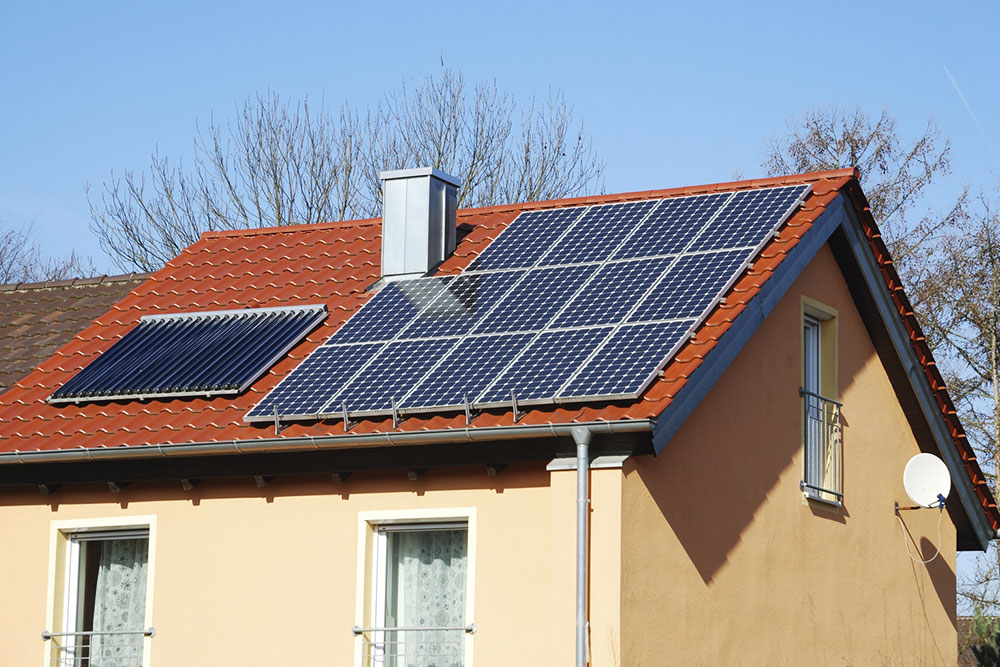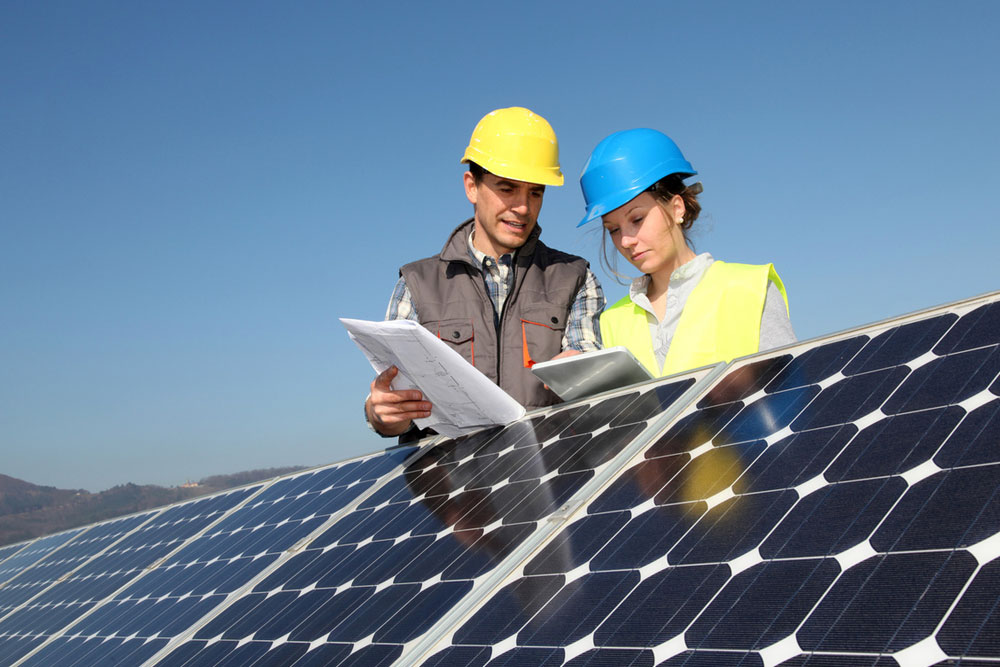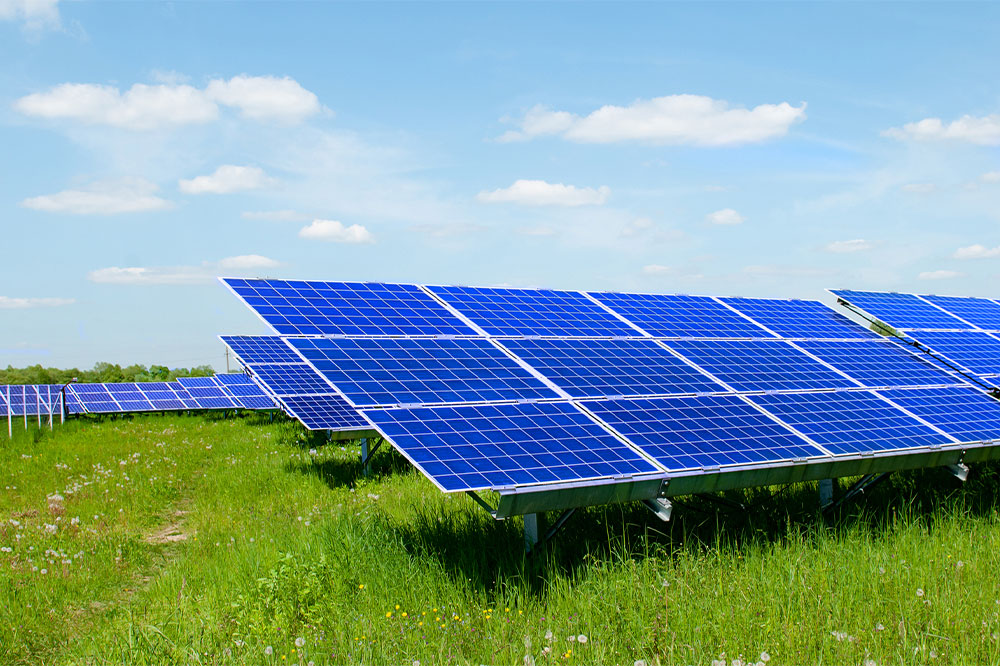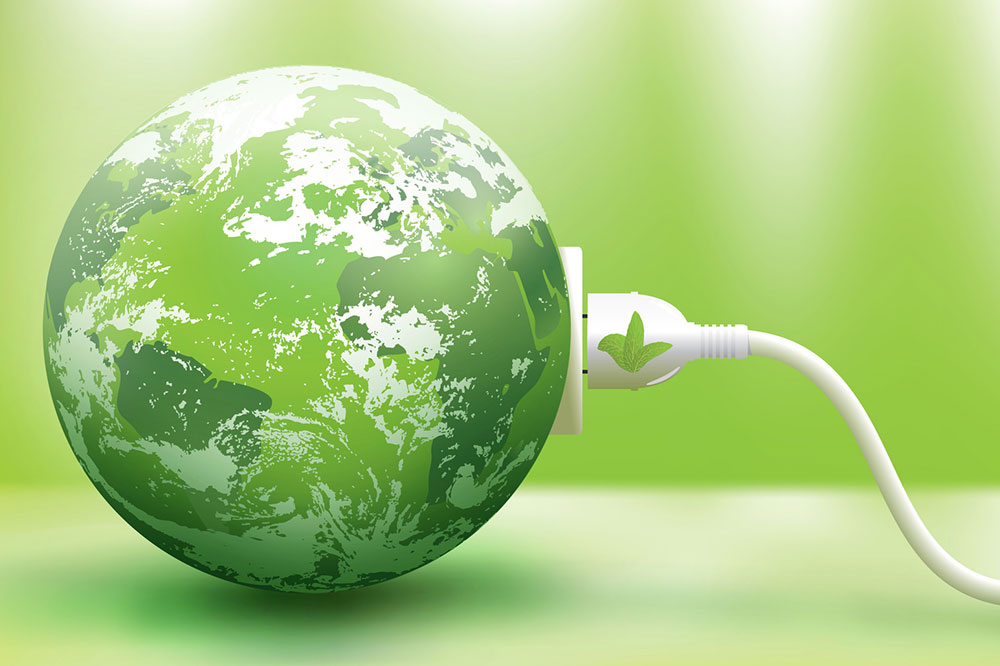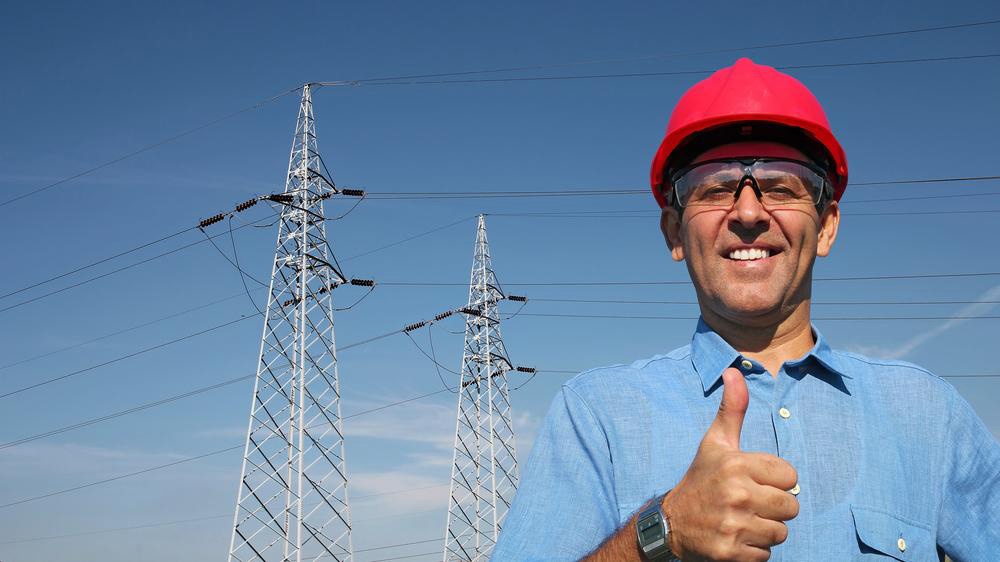Comprehensive Cost Breakdown and Benefits of Solar Panel Installation in Germany
Germany's solar power sector offers compelling economic and environmental advantages, supported by favorable government incentives. This detailed guide explores installation costs, ongoing expenses, financial incentives, and long-term benefits, helping homeowners and businesses optimize their investments in renewable energy. With rising energy prices and technological advancements, solar energy in Germany presents a smart, sustainable, and cost-effective energy solution for the future.
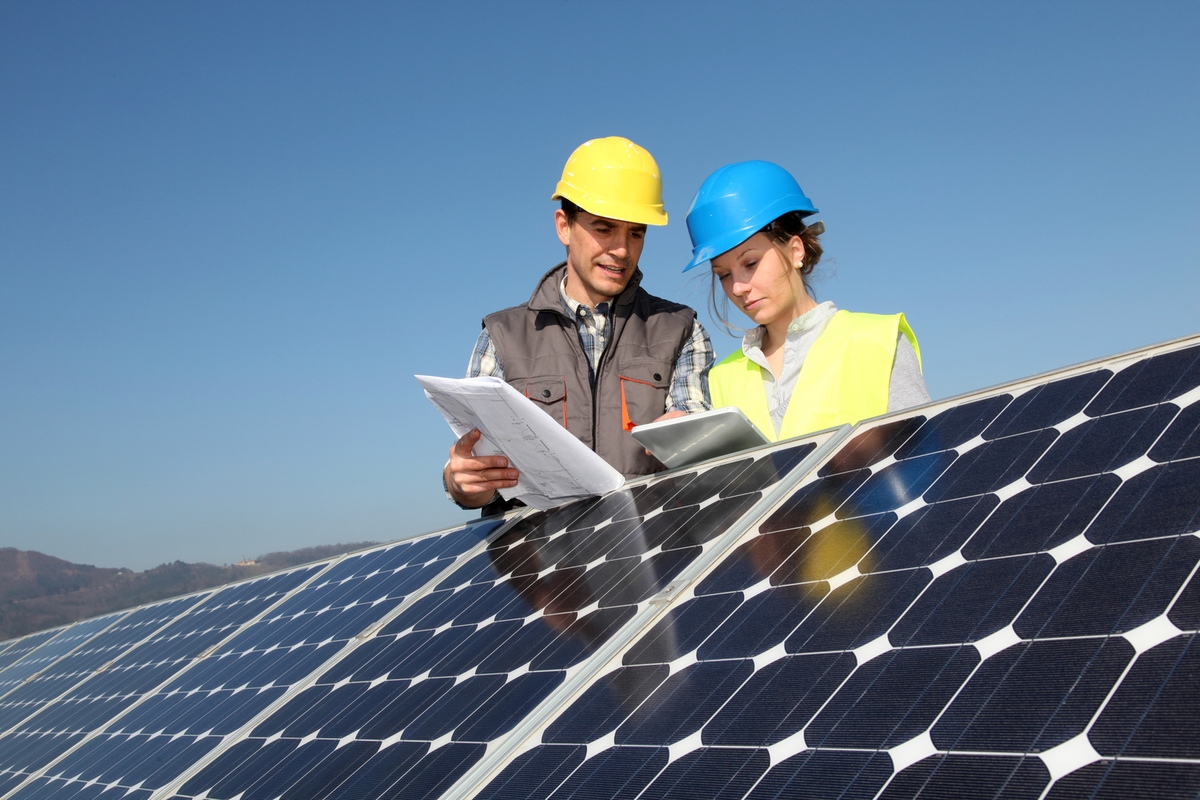
Understanding the Financial Aspects and Advantages of Solar Panel Installation in Germany
Germany has established itself as a recognized leader in renewable energy initiatives, particularly through its robust solar power industry. The country’s commitment to transitioning towards sustainable energy sources is evident in its policies, incentives, and increasing adoption by individual homeowners and commercial enterprises alike. As energy costs continue to rise and environmental concerns become more pressing, many are exploring solar energy as a viable and cost-effective solution. This comprehensive article delves into detailed insights about the costs associated with solar panel installation in Germany, the various factors influencing these expenses, available government incentives, and the numerous long-term benefits that make solar energy an attractive investment.
In-Depth Analysis of Installation Costs
Initial Investment Considerations
The initial outlay for installing solar power systems varies considerably, primarily dictated by the size of the system, the quality of the solar panels, and the complexity of the installation process. On average, the cost per kilowatt-peak (kWp) for residential solar systems in Germany ranges from €1,200 to €1,800. For typical household setups, which usually have around 5 kWp capacity, the total upfront investments usually fall between €6,000 and €9,000. This initial expense covers all necessary components and installation services needed to get the system operational.
Breaking Down Startup Costs
Solar Panels: These are the core components that capture sunlight and convert it into electricity. The cost varies depending on efficiency and brand, with higher-performance panels commanding higher prices but offering better output and durability.
Inverters: Essential for converting the direct current (DC) produced by solar panels into alternating current (AC) usable within the household electrical system. The cost for a high-quality inverter suitable for a 5 kWp system typically ranges from €800 to €1,200.
Mounting Structures: The support frameworks secure the panels onto rooftops or ground mounts. Costs depend on the mounting system's complexity, material, and installation location.
Professional Installation: Skilled installers ensure that the system operates efficiently and safely. Installation charges in Germany generally range from €1,000 to €2,000, depending on system size and installation difficulty.
Permits and Inspections: Local authorities require permits and inspections before installation. These costs typically amount to €300 to €500 but are essential to ensure compliance with safety and building standards.
Ongoing Expenses Post-Installation
Although solar power systems require minimal maintenance, there are some ongoing costs to consider:
Maintenance: Regular cleaning and periodic inspections are recommended to maintain optimal performance. These annual costs are approximately €100 to €200.
Inverter Replacement: Inverters tend to have a lifespan of 10-15 years and may need replacement or significant repairs. The replacement cost ranges from €800 to €1,200, depending on system size and inverter specifications.
Government Incentives and Financial Support in Germany
The German government actively promotes renewable energy through various financial incentives and support programs, making solar power an even more attractive investment:
Feed-in Tariff (EEG - Erneuerbare-Energien-Gesetz): This policy guarantees fixed payment rates for the electricity fed back into the national grid, with rates around €0.07 to €0.10 per kWh in 2023. This ensures a steady income stream for solar energy producers.
KfW Low-Interest Loans: The government-backed KfW banking group offers favorable loans that can cover up to 100% of installation costs, enabling homeowners and businesses to finance their solar projects at reduced interest rates.
Tax Exemptions: Systems under 30 kWp benefit from VAT exemption, lowering the initial investment. Additionally, there are possible levies reductions for self-consumption, further enhancing return on investment.
Long-Term Benefits and Financial Returns
Investing in solar power offers numerous tangible and intangible benefits that extend beyond mere cost savings:
Lower Electricity Bills: Self-generation of electricity significantly reduces dependency on the grid, leading to substantial savings, especially as energy prices continue to rise globally.
Enhanced Property Value: Residential properties equipped with solar systems generally see increased market value and appeal, making them more attractive to buyers.
Environmental Impact: By reducing greenhouse gas emissions, solar energy contributes positively to climate change mitigation efforts, aligning with Germany’s commitment to environmental sustainability.
The typical payback period for a solar system in Germany ranges from 8 to 12 years, influenced by factors such as system size, initial costs, and government subsidies. Post payback, the electricity generated becomes essentially free, resulting in additional financial benefits over the system's lifespan, which can extend beyond 25 years with proper maintenance.
Germany’s ambitious renewable energy targets, ongoing technological advancements, and decreasing installation costs continue to make solar power an increasingly affordable and attractive energy solution. Investing in solar energy today not only helps reduce operational costs but also contributes to a sustainable future, underpinning Germany’s leadership in clean energy initiatives. By understanding the detailed cost structure, available incentives, and long-term benefits, individuals and businesses can make informed decisions to harness the power of the sun effectively and responsibly.
